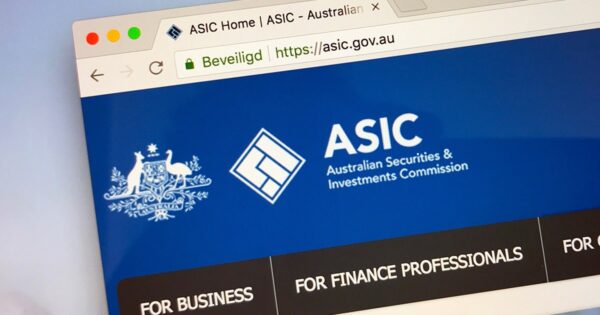Call to double sustainable investment stewardship resources

The current level of stewardship resources with respect to sustainable investments is inadequate and not fit for purpose, according to a new report issued by the Willis Towers Watson Thinking Ahead Institute commissioned by the UN-backed Principles for Responsible Investment (PRI).
The report, released yesterday, has suggested that stewardship resourcing needs to double over time to meet increased demands and needs.
In doing so, the report has called on the global investment industry to embrace a structured measurement approach when examining organisations’ stewardship resource levels.
“Inadequate resources pose a critical challenge to advancing stewardship within the investment industry. This challenge hinders efforts to deliver on improving the risk profile and value of assets over time, including reducing the likelihood of future systemic financial risks from occurring,” the report said.
“We will not be able to achieve the current levels of sustainability ambition without the necessary resources in this area. The resourcing gap will grow if the upward trajectory of sustainability ambition is maintained,” it said.
The report said most investors are exposed to the financial risks (and opportunities) associated with undiversifiable, system-level sustainability issues such as climate change, biodiversity loss or social inequality.
It said that while stewardship alone cannot be expected to address looming systemic risks, with policy and regulatory change being essential in this regard, investor stewardship is one of the most important activities that investors can carry out.
“It helps to address the drivers of these systemic risks, mitigate them, and secure better long-term value as a result. In the face of systemic risk, the investment industry is grappling with legacy and incentive issues,” the report said.
“This struggle is particularly evident in stewardship, where a notable paradox confronts the industry: considerable resources are allocated to activities such as asset allocation, where there are relative winners and losers. However, smaller wins at investee or benchmark level (“alpha”) may fade in comparison to impacts at portfolio or system level (“beta”). The result is a net drag on savers’ long term returns at the total industry level: asset allocation is a ‘negative sum game’.”
“In contrast, we view stewardship as a ‘positive sum game‘ where the aggregate results of industry participants’ activities do not cancel each other out. They can create net benefits to overall market returns by improving the risk characteristics of particular investments or, more widely, by mitigating systemic risks (for example, those associated with climate change).”
“The issue of inadequate resourcing is compounded by an inconsistency in business model, whereby investors focus on generating alpha instead of preserving beta. Resources are predominantly allocated to issuer-level stewardship, however there is an urgent need for system-level stewardship to address the performance of the entire market,” the report said.












What amazes me is that some of the former Dixon's financial advisors who were front and centre in biased and…
Dixon Financial Advisers were just doing their jobs. Similar to the below. Licensed Financial Planners love & care about their…
Yeah, it'll get there no doubt... 25,000 - unqualified hacks peddling product 5,000 - fully qualified advisers
How much financial damage caused ? How many client losses ? So ASIC how come Dodgy Dixon’s have had no…
The evidence is mounting.